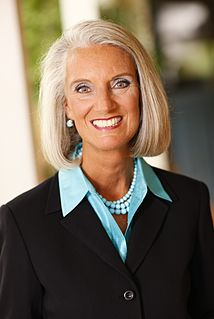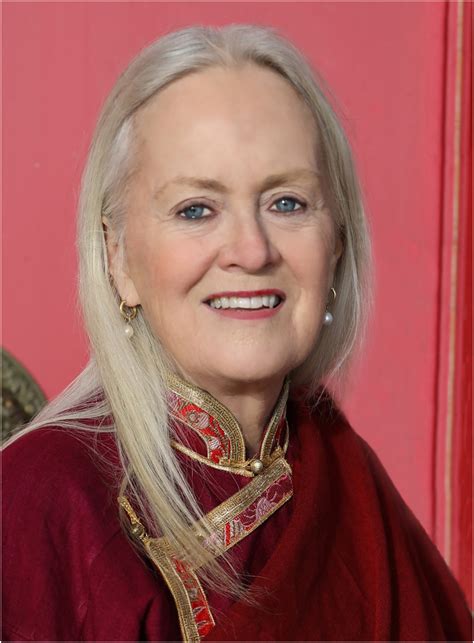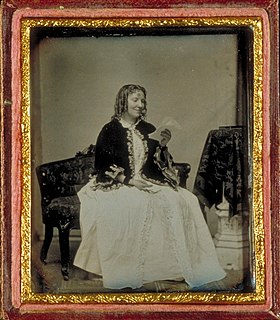A Quote by Rick Yancey
Is it any wonder the power this man held over me - this man who did not run from his demons like most of us do, but embraced them as his own, clutching them to his heart in a choke-hold grip. He did not try to escape them by denying them or drugging them or bargaining with them. He met them where they lived, in the secret place most of us keep hidden. Warthrop was Warthrop down to the marrow of his bones, for his demons defined him; they breathed the breath of life into him; and without them, he would go down, as most of us do, into the purgatorial fog of a life unrealized.
Related Quotes
And even if these scenes from our youth were given back to us we would hardly know what to do. The tender, secret influence that passed from them into us could not rise again. We might be amongst them and move in them; we might remember and love them and be stirred by the sight of them. But it would be like gazing at the photograph of a dead comrade; those are his features, it is his face, and the days we spent together take on a mournful life in the memory; but the man himself it is not.
When a warrior fights not for himself, but for his brothers, when his most passionately sought goal is neither glory nor his own life's preservation, but to spend his substance for them, his comrades, not to abandon them, not to prove unworthy of them, then his heart truly has achieved contempt for death, and with that he transcends himself and his actions touch the sublime. That is why the true warrior cannot speak of battle save to his brothers who have been there with him. The truth is too holy, too sacred, for words." -Suicide (Gates of Fire)
If your fundamental is a man dying on the cross for his enemies, if the very heart of your self-image and your religion is a man praying for his enemies as he died for them, sacrificing for them, loving them - if that sinks into your heart of hearts, it's going to produce the kind of life that the early Christians produced. The most inclusive possible life out of the most exclusive possible claim - and that is this is the truth. But what is the truth? The truth is a God become weak, loving and dying for the people who opposed him, dying forgiving them.
What makes a free thinker is not his beliefs, but the way in which he holds them. If he holds them because his elders told him they were true when he was young, or if he holds them because if he did not he would be unhappy, his thought is not free; but if he holds them because, after careful thought, he finds a balance in their favor, then his thought is free, however odd his conclusions may seem.
Normally we empower our demons by believing they are real and strong in themselves and have the power to destroy us. As we fight against them, they get stronger. But when we acknowledge them by discovering what they really need, and nurture them, our demons release their hold, and we find that they actually do not have power over us. By nurturing the shadow elements of our being with infinite generosity, we can access the state of luminous awareness and undermine ego. By feeding the demons, we resolve conflict and duality, finding our way to unity.






































